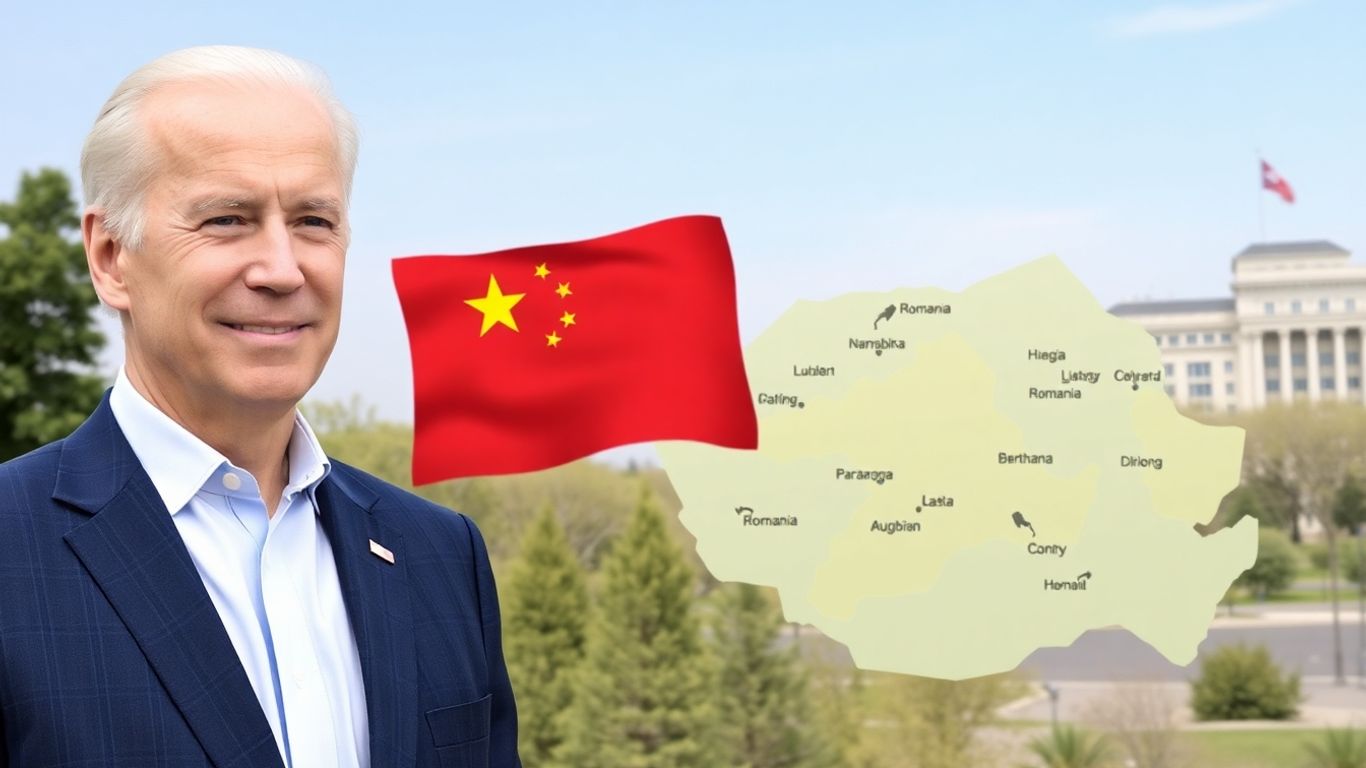A business deal involving Hunter Biden, the son of former President Joe Biden, has come under renewed scrutiny after revelations emerged about his efforts to facilitate the sale of land surrounding the U.S. Embassy in Bucharest, Romania. The proposal involved partnerships with a Chinese company and coincided with anti-corruption drives pushed by then-Vice President Biden in Eastern Europe.
Key Takeaways
- Hunter Biden and his business partners pursued a development project involving land beside the U.S. Embassy in Bucharest.
- The proposal included Chinese state-linked firm CEFC China Energy as a potential investor.
- The deal overlapped with ongoing Romanian corruption investigations and anti-corruption campaigns advocated by Joe Biden.
- The arrangement ultimately fell apart amid internal disputes and legal complications.
Background On The Romanian Land Deal
Hunter Biden’s interest in the Romanian real estate market began while Joe Biden was vice president, coinciding with broader U.S. diplomatic efforts to combat corruption in the region. Hunter initially became involved as legal counsel for Gabriel Popoviciu, a prominent local real estate developer facing criminal charges related to a major land acquisition in Bucharest.
Shortly after Joe Biden left office, Hunter and members of the Biden family participated in efforts to bring in foreign investors—most notably the Chinese conglomerate CEFC China Energy—to acquire large stakes in Popoviciu’s holdings adjacent to the U.S. Embassy compound. The expected investment ranged from $300 million to $500 million, with CEFC poised to own up to 47.5% of the joint venture.
Potential Conflicts And Security Concerns
Throughout negotiations, Hunter Biden operated both as Popoviciu’s attorney and as a business partner seeking to facilitate the land sale. Internal communications reveal Hunter’s own awareness of the ethical complexities, warning of possible conflicts of interest given his dual roles.
One debated aspect was whether the deal could allow Chinese interests a stake not only near the embassy but potentially in the land hosting the U.S. diplomatic mission—a scenario that greatly concerned some partners due to security risks. Although documents do not specify the exact parcels involved, the lack of explicit exemption for embassy land left room for concern.
Fallout and Political Repercussions
The proposed deal ultimately unraveled in 2017 as disputes arose among Hunter’s business associates, and scrutiny over foreign influence mounted. By then, Romanian authorities convicted Popoviciu on real estate fraud charges, and CEFC, the would-be investor, faced simultaneous investigations in China and the U.S., bringing its global operations to a halt.
Financial records and testimony to congressional committees showed that Hunter Biden and his business network received more than $1 million from Popoviciu, with additional millions originating from CEFC, despite little evidence of substantive business delivered. The episode has fueled further inquiries into Hunter Biden’s foreign dealings, casting a complex light on the intersection of politics, business, and diplomatic security in international ventures.
Broader Implications
The case stands as a cautionary tale about the risks of high-level political connections intertwining with foreign business interests. It highlights the challenges faced by democracies balancing anti-corruption advocacy with transparency and due diligence in international economic partnerships.






